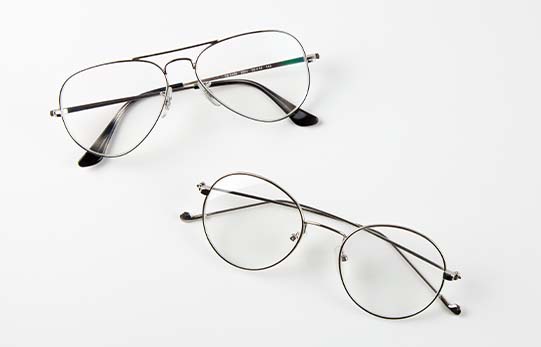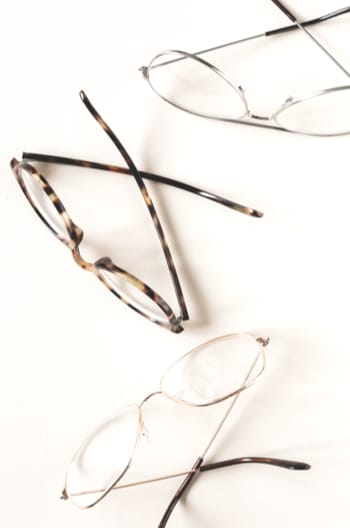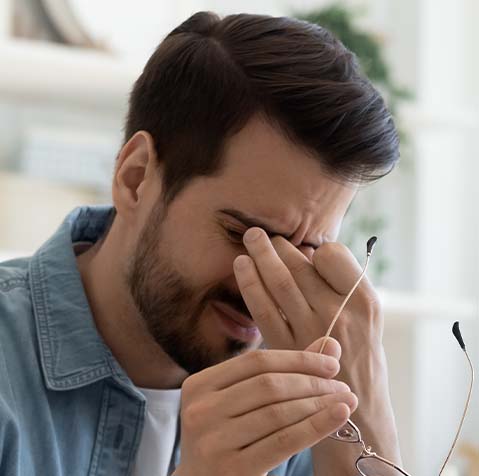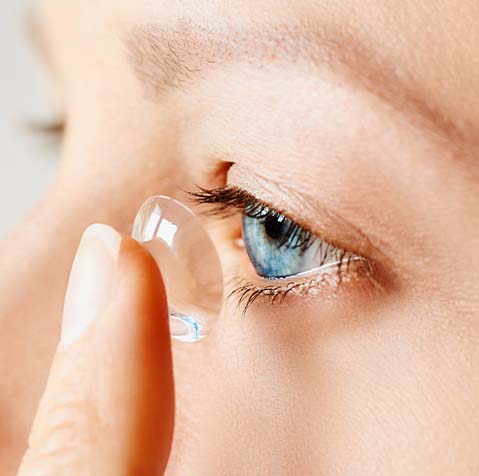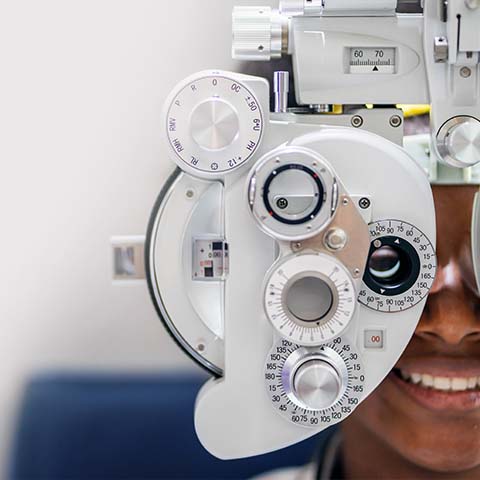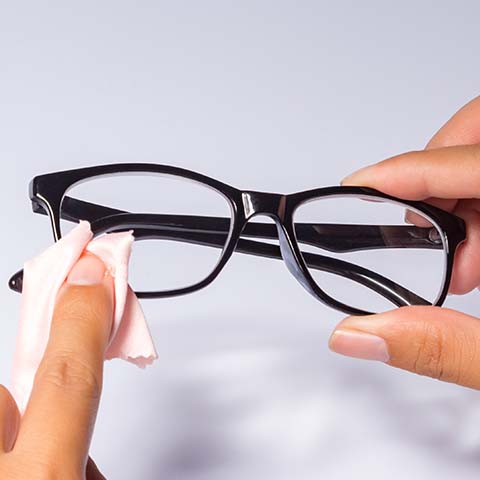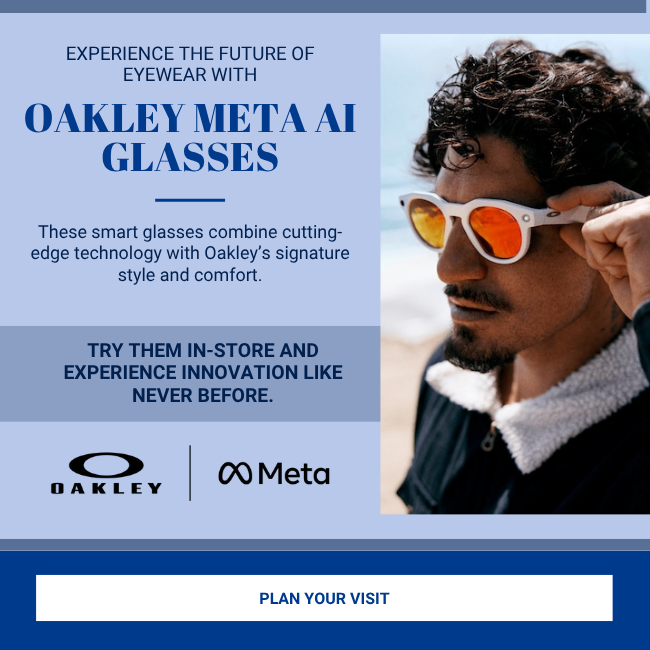Accidents Happen—Let Us Help
Eye injuries or trauma to the eye area can be stressful and frightening. Your eyesight is precious, and anything that might put it at risk needs to be dealt with immediately.
Whether it's a hard knock from a stray ball during game time or a splash of cleaning supplies at home, knowing where to turn for emergency support is crucial for adults and kids alike.
When an accident occurs, call our office right away. We can assess your situation and recommend next steps, whether that means seeing an optometrist or going directly to an emergency room.
If our office is closed, you should proceed to your nearest hospital.
Book AppointmentTypes of Eye Emergencies
Common eye emergencies we can treat include:
- Corneal abrasions (scratches on the eye’s surface)
- Foreign objects stuck in the eye
- Chemical splashes or burns
- Infections like conjunctivitis (pink eye)
- Flashes, floaters, or retinal detachment
- Eye diseases

Symptoms That Might Mean an Eye Emergency
While most eye emergencies involve noticeable symptoms or trauma, other eye emergencies are not as obvious. Any sudden changes to your vision should be considered an eye care emergency.
Sudden onset of any of the following symptoms may also indicate an emergency:
- Burning or stinging
- Pupils that differ in size
- Bulging eyes
- Severe eye pain
- Double vision
- Redness or severe itching
- Bruising or bleeding
- Sudden headache
- Discharge from the eye
- Eyes not moving together
Call our office immediately should you experience any of these issues.
DEye Emergency Do’s & Don’ts
Eye emergencies can happen anywhere, whether you're at work, home, athletic events, or just hanging out. But you can make a difference by acting quickly and appropriately. Following first aid steps and contacting emergency care right away can lead to a positive outcome.
If you or a loved one experience an eye emergency, here are some do’s and don’ts to guide you:
- Foreign particles in the eye such as small pieces of glass or metal
- Eye infections/Red eyes
- Adverse reactions to contact lenses (i.e., contacts that have become “stuck” to the eye)
- Eye pain and vision disturbances caused by chemical exposure
- New floaters (spots, strings, cobwebs, or shadows before the eyes)
- Flashes or streaks of light
- Sudden or gradual loss of vision
**Please contact our office and we will schedule you for the next possible appointment that day. We can prescribe the needed medications and send the prescription to your pharmacy directly to make it easy as possible. Please be prepared to be dilated if needed.
**Usually, covered under majority of medical insurance policies and our office accepts most major health insurance for these services.
Do’s
- Do flush your eye with cold water in the event of chemical contact.
- Do clean your hands before touching your eye.
- Do lightly cover the eye without applying pressure.
- Do seek immediate medical attention.
Don’ts
- Don’t use tools anywhere near the eye area.
- Don’t rub the eye or apply pressure of any kind.
- Don’t try to remove any large foreign objects.
- Don’t apply any medications, drops, or ointments.
- Don’t remove contact lenses (except in the case of a chemical splash).
Our Brands


